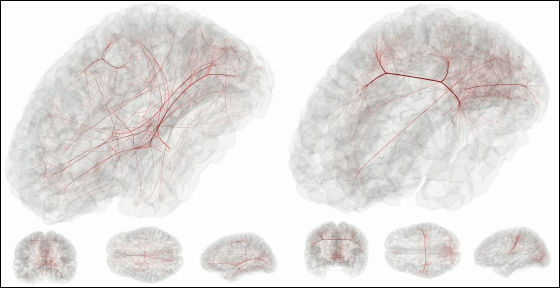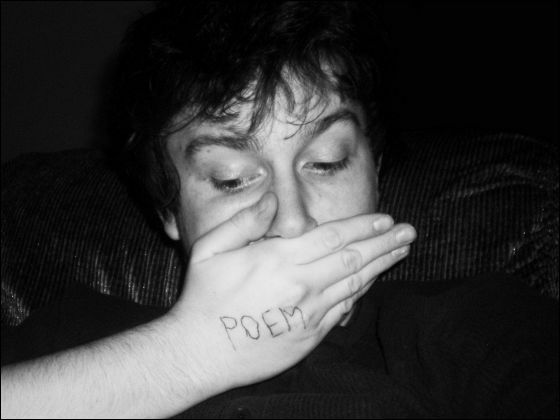How your brain becomes addicted to caffeine and withdrawal symptoms

ByFlavio Serafini
Some people have taken a cup of coffee while they are waking up or work and are changing their moods, but caffeine contained in coffee is a kind of addictive drug, which is ingested every day If you quit suddenly, withdrawal symptoms may occur. So Joseph Stromberg has published its own blog on how the human brain becomes addicted to caffeine poisoning.
This Is How Your Brain Becomes Addicted to Caffeine | Surprising Science
http://blogs.smithsonianmag.com/science/2013/08/this-is-how-your-brain-becomes-addicted-to-caffeine/
About 80% of Americans are drinking coffeestatisticsAs the coffee is too familiar with human life, there is a tendency that it is forgotten that "caffeine is addictive like many drags". However, the withdrawal symptoms of caffeine areDiagnostic manualOne of the fine diseases that is recognized as being a mental disorder in.

ByChristos Kotsakis
◆ Caffeine addiction mechanism
Caffeine ingested in the body is absorbed into the blood from the small intestine. Caffeine, both water soluble and lipid soluble,Blood brain barrierEasily break through and invade the brain.
In the brainAdenosineWhenAdenosine receptorThere are substances called, two substances stick to each other during fatigue and have the effect of slowing the function of the brain. For this reason, human beings are not turning their heads when they are tired and they feel tired. However, since caffeine invades the brain and adheres to the adenosine receptor, adenosine can not stick to the receptor no matter how tired it becomes, it becomes impossible to feel fatigue and it is an illusion that energy has overflowed That's it. The state of arousal by caffeine, which depends on the age and height of the person who ingested, usually lasts for 4 to 6 hours.

ByArs Electronica
Eating daily caffeine with awakening effect results in a change in the chemistry and physical properties of the brain. The most striking change occurring in the brain due to the regular use of caffeine is that the brain cells produce more adenosine receptors to match the number of adenosine deprived of the receptors to be contained. For this reason, people who frequently take caffeine will not be able to obtain the awakening effect that many would want to take more caffeine to block the adenosine receptors produced. This is how good caffeine addiction is born.

ByA! Omah ♥
◆ withdrawal symptoms due to caffeine
Initial withdrawal symptoms such as "to psychologically" and "lack attention" begin within 24 hours after stopping taking caffeine. And, despite not doing exercise in particular, muscles tire fatigued and it also becomes irritating. Over time, a headache like throbbing disturbing concentration can begin, eventually feeling symptoms such as muscle pain, nausea, and a cold.

ByHnguitarist
The withdrawal symptoms of caffeine last about 7 to 12 days, but fortunately it is a short category compared with other dependency drugs. During the withdrawal symptoms, the brain decreases the number of adenosine receptors that have been overdone, and if the number returns to the original level, the withdrawal symptoms will fit.
Related Posts:







